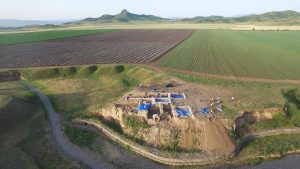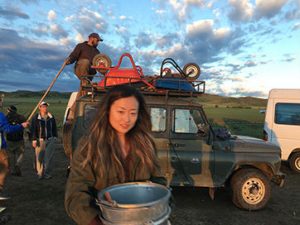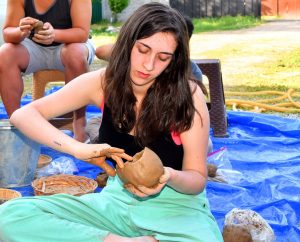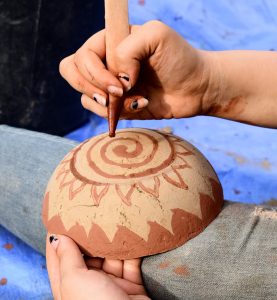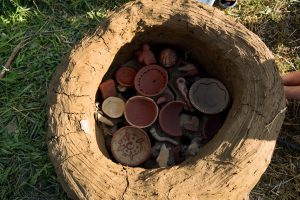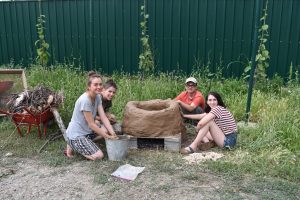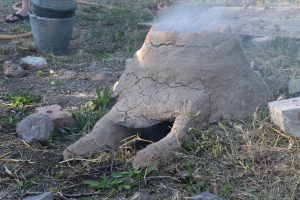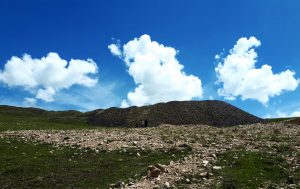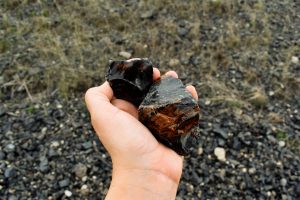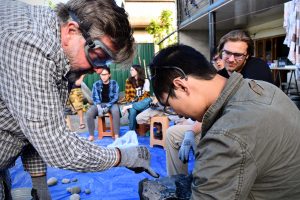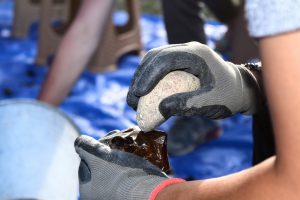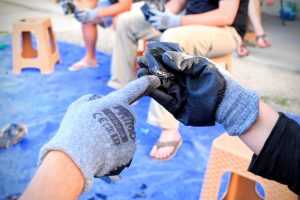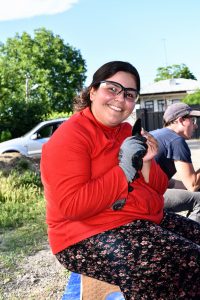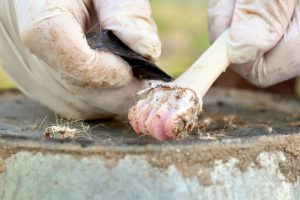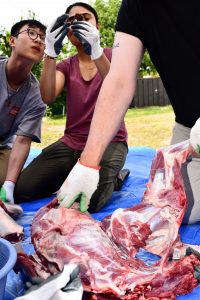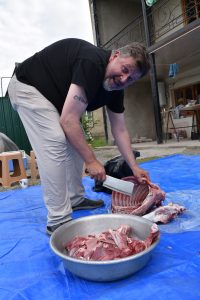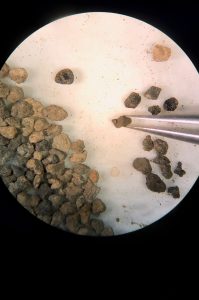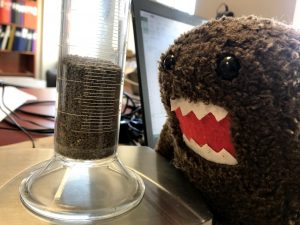THe Gadachrili Gora Regional Archaeology Project Expedition
The Gadachrili Gora Regional Archaeology Project Expedition (GRAPE) is a Georgian-Canadian cooperative effort investigating the prehistory of the Caucasus Region, in the Republic of Georgia. GRAPE began its inaugural season in 2016 with renewed excavations at Neolithic sites in the Kvemo Kartli Region. The project is also part of the larger: “Research and Popularization of Georgian Grape and Wine Culture” effort. During its initial seasons GRAPE recovered evidence for the earliest known wine, dating to 6,000 – 5800 BCE. The evidence for wine was found in residues on Shulaveri Shomu type pottery recovered from Shulaveris Gora. Our ongoing excavations at Gadachrili, Shulavaeri and Imiris Gora continue to expand our knowledge of the Neolithization process in the southern Caucasus.
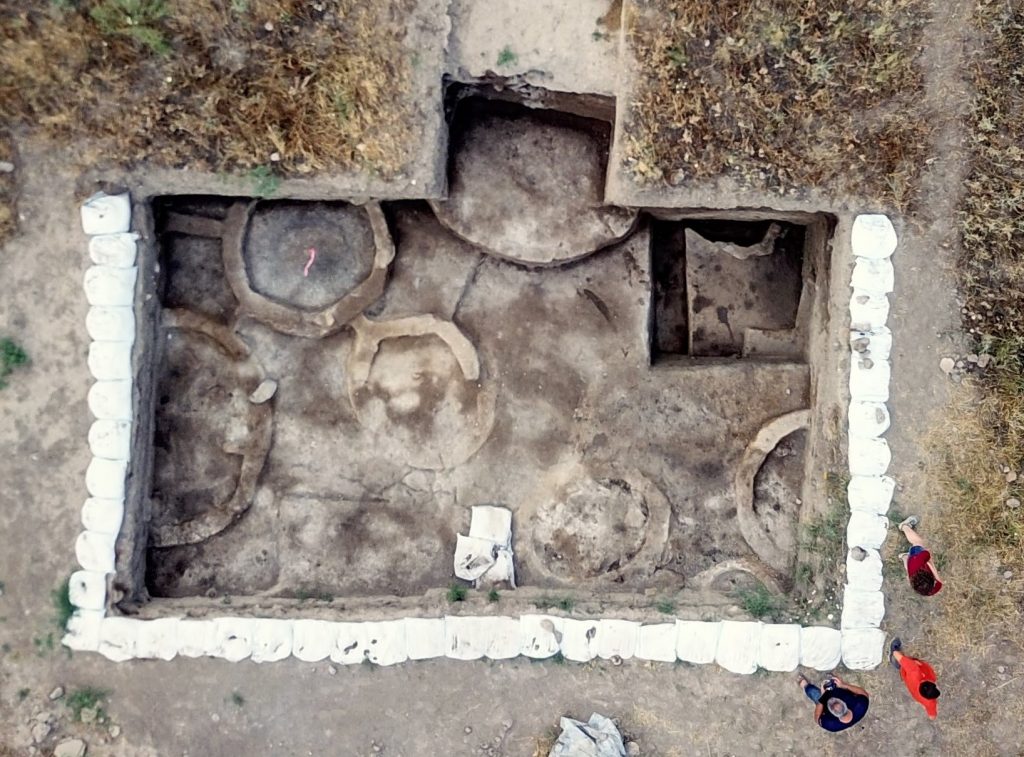
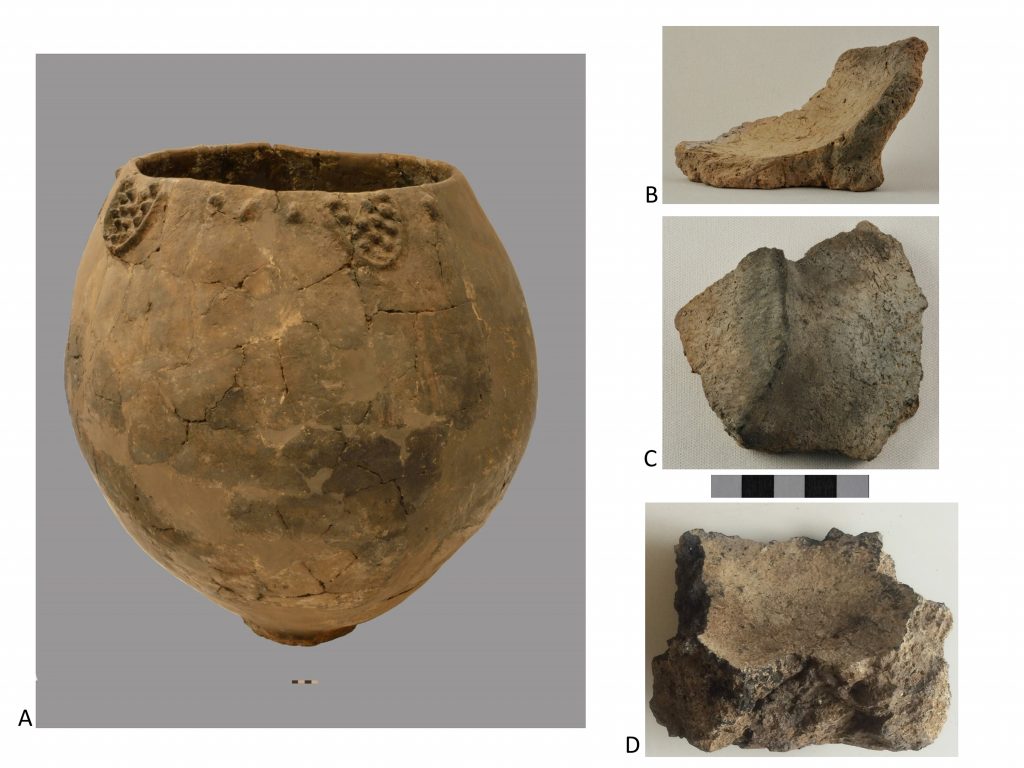
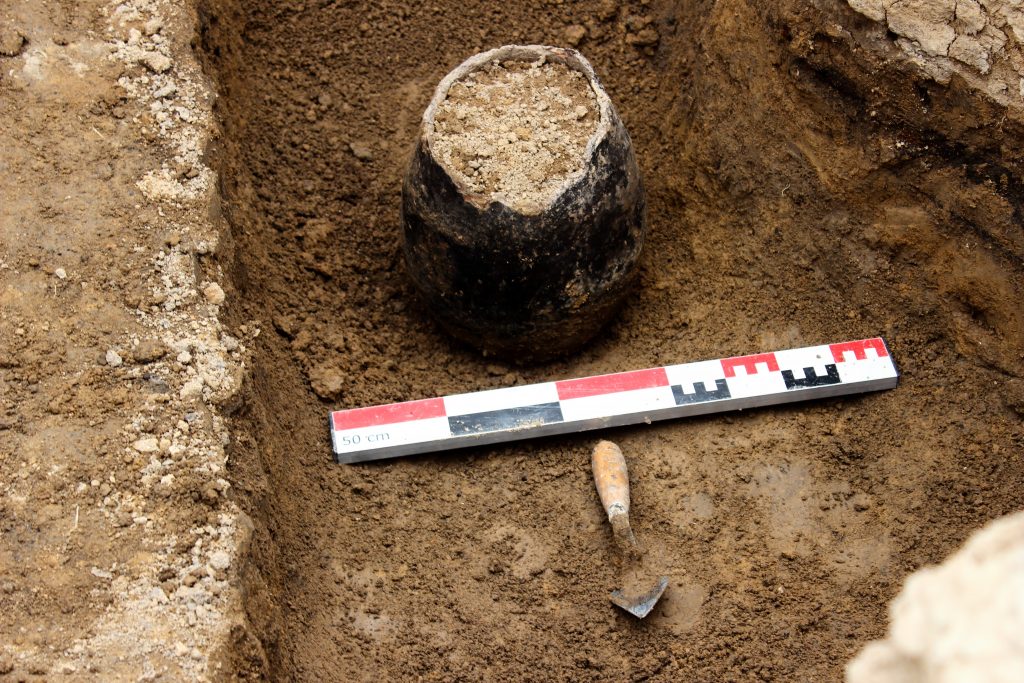
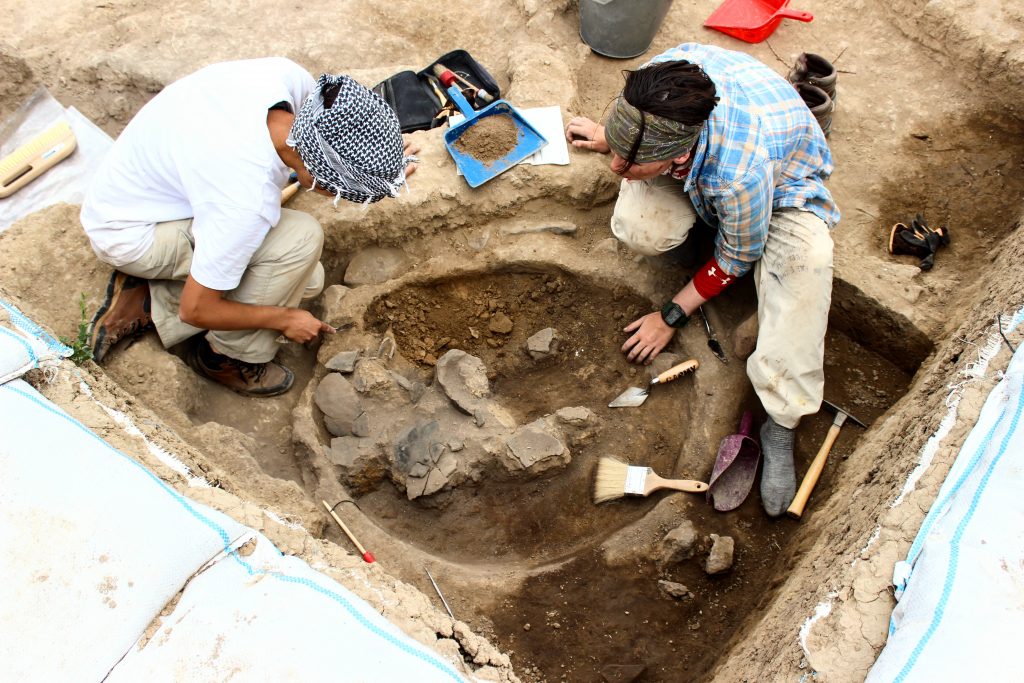
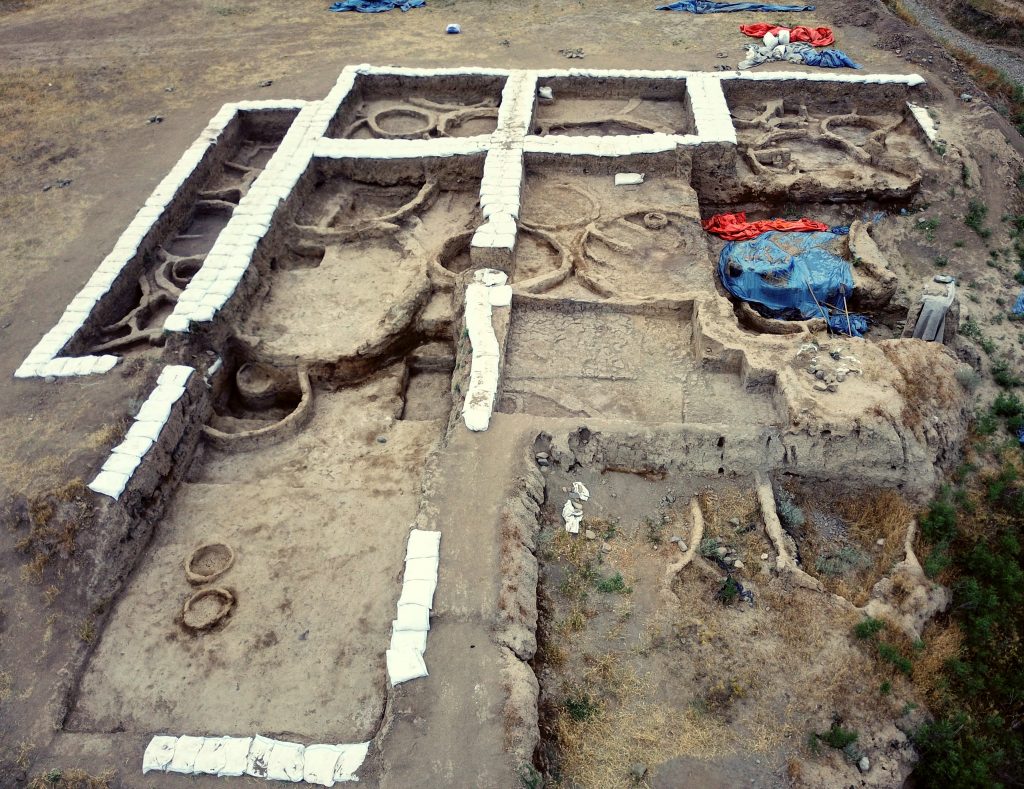
Our survey efforts, through GGRAS have explored the history of occupation on the Marneuli Plain of Southern Georgia. It is the largest plain in this mountainous Caucasus region. Its intricate river network, the Kura and its tributaries, position the region as a junction for movement and communication between the open plains of Azerbaijan and the towering Caucasus. Building on the results of the GGRAS surveys we are expanding our focus to previously uninvestigated Neolithic, Chalcolithic, and Early Bronze Period sites (roughly 6000-3000 BC).
Ongoing laboratory research is conducted on materials recovered by GRAPE, with the permission of the Georgian National Museum. Research is ongoing at the Georgian National Museum, the University of Toronto, and the University of Pennsylvania Museum. Analyses include: Pottery Analysis, Lithic Analysis, Micro Refuse Analysis, Soil Micro-morphology analysis, Paleobotanical Analysis and Residue Analysis.
As part of our fieldwork we conduct ongoing experimental archaeology.
We engage in: pottery making, kiln building, obsidian and clay sourcing, knapping, butchery, and awl-fashioning. These activities assist us in interpreting the past communities that we study.
